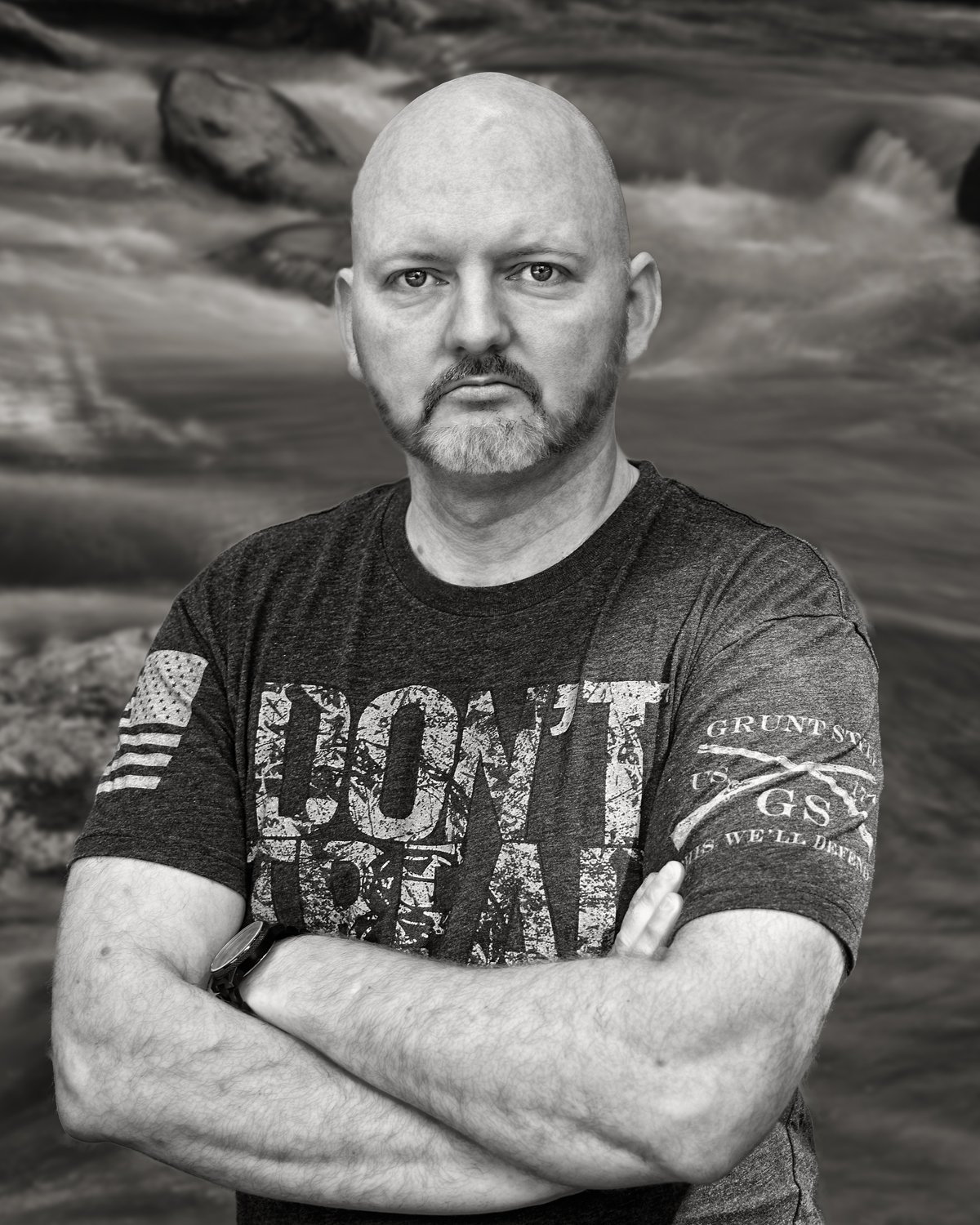The Distortions
The Distortions by Christopher Linforth, Orison Books, $18.00
Christopher Linforth’s short story collection, The Distortions, recalls to mind a phrase in Great Expectations, a novel by Charles Dickens (1812-1870): “The broken heart. You think you will die, but you just keep living, day after day after terrible day.” A former resident of Zagreb, now the capital city of Croatia, Linforth crafts beautiful prose that explore the memories of those terrible days: the agony and hardship of a people affected by the breakup of Yugoslavia (1990-1992), the deep-seated war between a mixed population of Bosnian Muslims, Serbs, and Croats (1992-1995) and, what Linforth references as the bizarre “triad of the Bosnia-Herzegovina presidency, a country that “operated on a collective system, a three-person head of state,” a tactful way of acknowledging the country was operating in a state of corruption, greed, and dirty politics.
Linforth lived in the former Yugoslavia on and off in the early 2000s. His first-hand knowledge about this area of the world and the people that live there clearly exhibits a lived experience of the consequences of war depicted in twelve touching stories. To put the war into perspective, we are seeing something like this unfold today in Ukraine. But unlike many journalists and bloggers covering the current conflict, Linforth is unbiased, and does not exploit the radical or military aspects of war to complement his own moral or political beliefs. Every effort is placed on human emotion, stopping short of open didacticism or manipulative proclamations, although it is sometimes impossible for Linforth not to imply certain ideas or opinions, of which I feel comfortable.
I am especially moved by four stories that, I think, encompass the whole collection. They read as though Linforth is native to this part of the world, and not a foreign visitor. Having travelled the world myself and lived in two other countries other than my native America, I feel myself authentically transported to areas of Eastern Europe. The salty air of the Adriatic Sea engulfs my imagination. Every line on the page shows a determined and brave people fleeing oppression and burns my empathetic and watery eyes.
The first story, “All the Land Before Us,” is about a young boy named Josip and his violent father. They are pig farmers living on the outskirts of Durdevac, a Croatian town near the border with Hungary. War rages between Croats and Serbs over sixty miles away. The boy and his father are waging a little war of their own against a pack of stray dogs, animals which seem to be analogous to the Serbian enemies to the south. But the boy disagrees with the war he has been forced to accept and purposely misses his targets. The story leaves me wondering that, if Josip was old enough to be a real soldier, would he also show mercy to his Serbian counterparts. Children are sometimes wiser than adults, so I think the implication is war is so stupid that even a child knows better than to engage in such foolish behavior.
The second story, “Zorana,” is about a privileged American named Marc from Nebraska. He knows little of the real world and nothing of war. Although young, he’s a washed-up college professor on a teaching fellowship at the University of Zagrebu, Croatia. A recluse and clearly unhappy with his current situation, he never accepts invitations to faculty dinners or “research talks and department cheese and wine nights.” Turning down an invitation to social events is a sign of disrespect in most countries. Many Americans, like Marc, do not make that connection.
Zorana, a former student he meets at the Broz Lounge one evening, puts it in perspective. “I do not give a shit about America,” she tells him. “Your country has a bland mindset. A detachment from the rest of the world.” In other words, Marc does not recognize the advantages he has as an American. He never has, really, lived a terrible day his whole life. He is arrogant and self-centered. All he can think about is taking her back to his apartment, which he does. He cares little about her, or about the life she’s led, about her village destroyed by the Serbs or that her father “broke up the family” by joining the JNA, the Yugoslav People’s Army, which is credited in helping Serbian aggression. All Marc cares about is self-gratification and what others can do for him, not what he can do to help others, a reflection, I think, on how the typical European often sees Americans.
The third story, “May Our Ghosts Stay with Us,” provides a direct reflection on the devastation of war and the emotional trauma it brings to families. The first one is about a young man who recognizes his grandfather’s charred body on the news. He later learns his eyes had been cut out and hired thugs had doused his body in gasoline before setting him on fire. Such horror encourages the young man to write his grandfather’s story from the bits and pieces of a diary he acquires from his mother. He then visits the place of his grandfather’s murder, the village of Vocin, Croatia. Not only his grandfather, but dozens of other villagers were slaughtered. “X’s dotted his crude map” of where they died. Finally, he relives his grandfather’s terrible day by arranging “myself into his death pose on the blanket, our bodies joined in the stream of light.”
“The Little Girls” is the most heartbreaking story of all of them, and probably my favorite from the whole collection. Here, day after day after terrible day is vividly expressed through the emotional trauma a father feels after loosing his daughter to a landmine. To cope with his loss, he places his daughter’s doll collection around the place where she was killed. It is evening. Removing a flashlight from his bag, he kneels down and “tells the little girls stories of long ago.”
Linforth’s collection is a great reminder for me as an American not to take life for granted. Despite our difficulties and hardships, most of us have never experienced trauma like those living in war torn or impoverished countries. So next time you are having a bad day, pick up a copy of Distortions and read through its conscientious pages. Hopefully you will realize how good your life really is in comparison.
Matthew A. Hamilton
Matthew A. Hamilton holds an MFA from Fairfield University and a MSLIS from St. John’s University. Currently, he is a graduate student at the University of Alabama. His research focus is blockchain technology and how it can contribute to improve transparency and accountability in government. His stories and poems have appeared in a variety of national and international journals. His chapbook, The Land of the Four Rivers, published by Cervena Barva Press, won the 2013 Best Poetry Book from Peace Corps Writers. His second poetry collection, Lips Open and Divine, was published in 2016 by Winter Goose. The Wishing Tree, a novel about the 1915 Armenian Genocide, was published by Winter Goose in 2020. He and his wife live in Richmond, Virginia. Visit him here.


